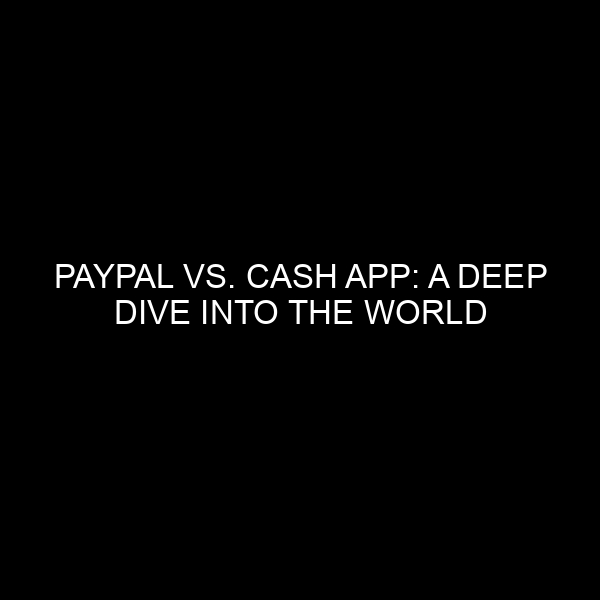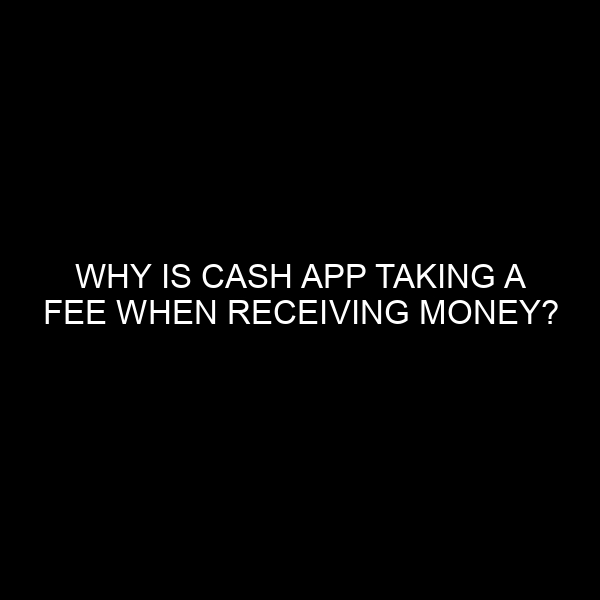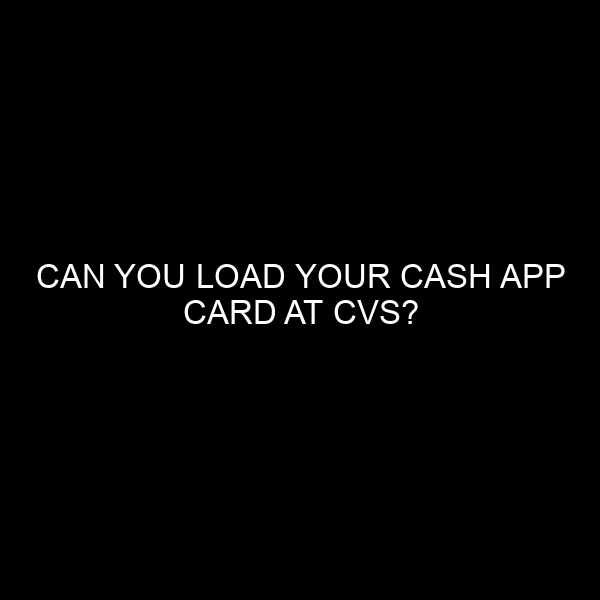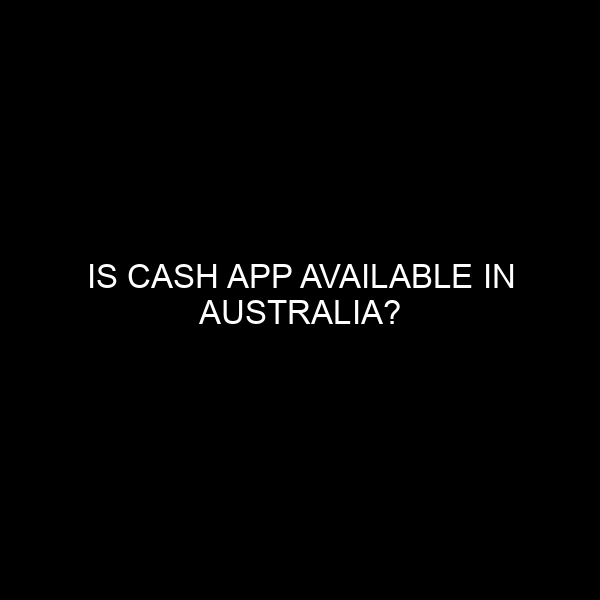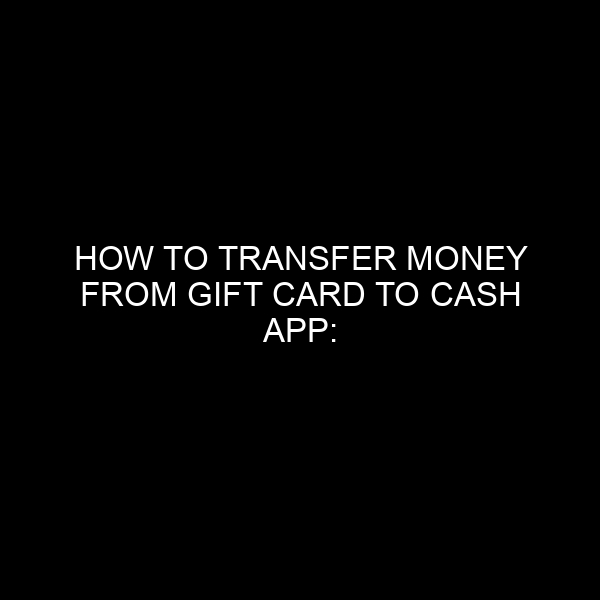PayPal vs. Cash App: A Deep Dive into the World of Online Transactions
In today’s digital age, online transactions have become the norm. It’s not just about buying stuff from e-commerce sites; it’s about splitting bills with friends, paying for freelance services, or sending money to family across the globe. Two of the giants in this domain are PayPal and Cash App. But which one reigns supreme? Let’s embark on a journey to dissect both and decide which platform is better suited for your needs.
Introduction to PayPal and Cash App
PayPal, which was originally conceived in December 1998 as Confinity, has since grown to be a powerhouse in the online payment industry. It boasts more than 400 million users worldwide and supports transactions in over 200 countries. Its acquisition of platforms like Braintree and Venmo underscores its dominance.
Cash App, on the other hand, is a relatively younger player but has made significant strides since its inception in 2013 by Square Inc. With its straightforward interface and easy peer-to-peer money transfer features, it’s a favorite among millennials and Gen Z users.
The Breakdown: Key Features
1. User Experience and Interface
PayPal: Over the years, PayPal has evolved its user interface. It offers a detailed dashboard that displays transaction history, wallet balance, and more. The platform is robust, catering to both individual users and businesses.
Cash App: It prides itself on its minimalist design. Everything is straightforward, from sending money to investing in stocks or bitcoin.
2. International Transactions
PayPal: One of PayPal’s strongest assets is its international reach. It allows transactions in multiple currencies and across borders. However, fees for international transfers can be substantial.
Cash App: Primarily designed for domestic use in the U.S., its international features are limited. As of my last update in September 2021, users could only send money between the U.S. and the UK.
3. Transaction Limits
PayPal: For verified accounts, there’s no limit to the total amount of money you can receive. However, there’s a cap on individual transactions, which varies by country and user type.
Cash App: It has a sending limit of $7,500 per week and an unlimited receiving limit, provided the account is verified.
4. Safety and Security
PayPal: It’s armed with end-to-end encryption and fraud detection algorithms. Their Purchase Protection and Seller Protection programs have been lifesavers for many.
Cash App: While it also employs encryption, it lacks some advanced features. However, its simplicity also means fewer points of potential failure.
Fees Structure: Where Will You Pay More?
PayPal: Mostly free for personal transactions within the U.S., but there are fees for international transactions, credit card payments, and business transactions.
Cash App: Personal transactions are free. However, there’s a fee for instant withdrawal to a bank account and for credit card transactions.
Additional Features: More than Just Sending Money
PayPal: It offers a suite of services including PayPal Credit, a digital credit line, and integrations with e-commerce platforms.
Cash App: Its standout feature is the ability to invest in stocks and bitcoin. Plus, the Cash Card – a customizable debit card – is a unique offering.
Integration and Compatibility
PayPal: Almost synonymous with online shopping, PayPal has extensive integrations with e-commerce giants and other platforms.
Cash App: While not as extensive as PayPal, it’s making headway, especially in the U.S., with integrations for personal and business transactions.
Conclusion: Which One is Right for You?
The decision boils down to your needs:
- International Reach: If you transact internationally or value a broader reach, PayPal is the clear winner.
- Simplicity: For those who value an easy, no-frills experience, Cash App shines.
- Features: While both have unique features, decide what matters most – whether it’s PayPal’s credit offerings or Cash App’s investment options.
Remember, with financial transactions, always prioritize safety. Ensure that you’re using official apps, regularly update your passwords, and be wary of phishing attempts.
In the vast financial ocean, both PayPal and Cash App are formidable sharks. The waters you choose to swim in depend on your needs and preferences.
